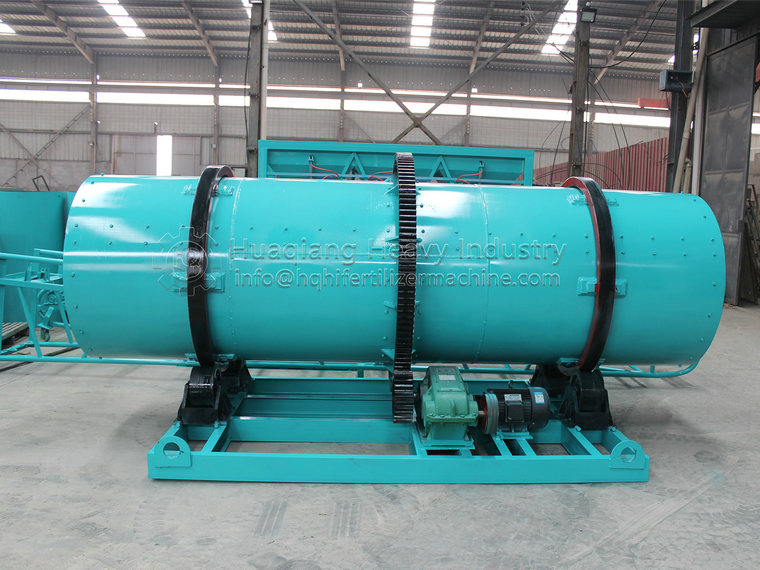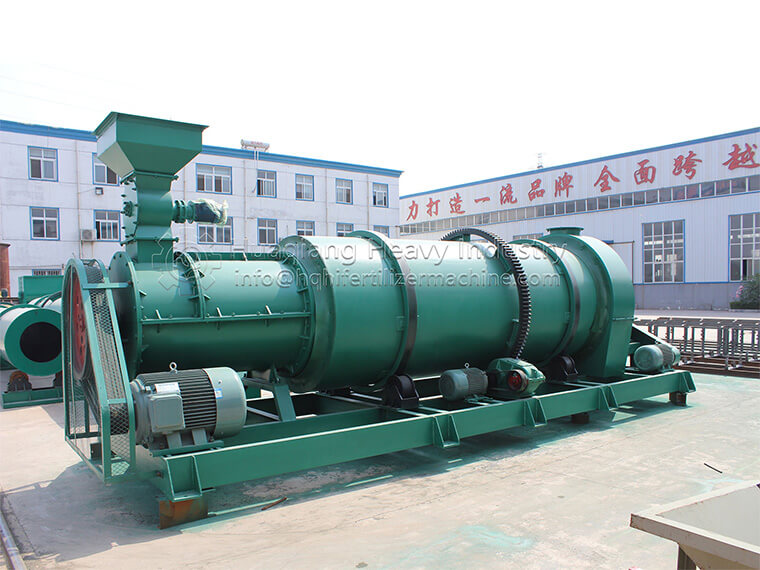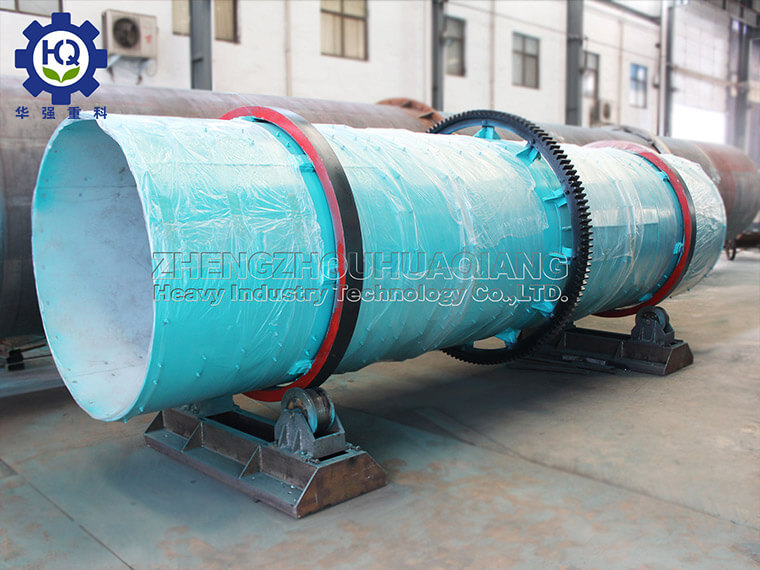Fertilizer granulator is a key agricultural machinery equipment that converts bulk fertilizer raw materials into granular fertilizers through a series of process steps for easy application and storage. In modern agricultural production, fertilizer granulators play an indispensable role, greatly improving the efficiency and quality of agricultural production.
Firstly, the fertilizer granulator achieves precise application of fertilizers. By compressing loose fertilizer raw materials into granules, uniform mixing and distribution of fertilizers can be achieved, ensuring that each piece of land can obtain sufficient nutrients. This precise application not only improves crop yield and quality, but also reduces fertilizer waste and lowers the cost of agricultural production.
Secondly, the fertilizer granulator improves the storage stability of fertilizers. Granular fertilizers are easier to store and transport than bulk fertilizers, and are less susceptible to moisture and oxygen, thereby extending the shelf life of fertilizers. This is crucial for agricultural production, especially in the case of seasonal fertilization and large-scale planting. Stable fertilizer storage can ensure that crops can obtain sufficient nutrients throughout the entire growing season.
In addition, fertilizer granulators can also improve the chemical properties of fertilizers. By adding specific additives during the manufacturing process, the hardness, dissolution rate, and nutrient release rate of fertilizer particles can be adjusted to better meet the needs of different types and growth stages of crops. This customized fertilizer can maximize the nutritional needs of crops and improve the ecological and economic benefits of agricultural production.
In summary, as a key tool in agricultural production, fertilizer granulators play an important role in improving agricultural production efficiency, improving soil quality, and protecting the ecological environment. With the continuous progress of technology and the increasing demand for agricultural production, fertilizer granulators will undoubtedly play a more important role in the future, providing strong support for the modernization process of agriculture. The key process for achieving fertilizer customization in NPK fertilizer production line
The NPK fertilizer production line is a set of process equipment specifically used for producing NPK compound fertilizers. Its main function is to mix various nutrients such as nitrogen (N), phosphorus (P), and potassium (K) in a certain ratio, and make granular compound fertilizers through specific processes. This production line is of great significance in modern agricultural production, as it can achieve customized production of fertilizers and meet the needs of different crops at different growth stages
.jpg)





.jpg)
